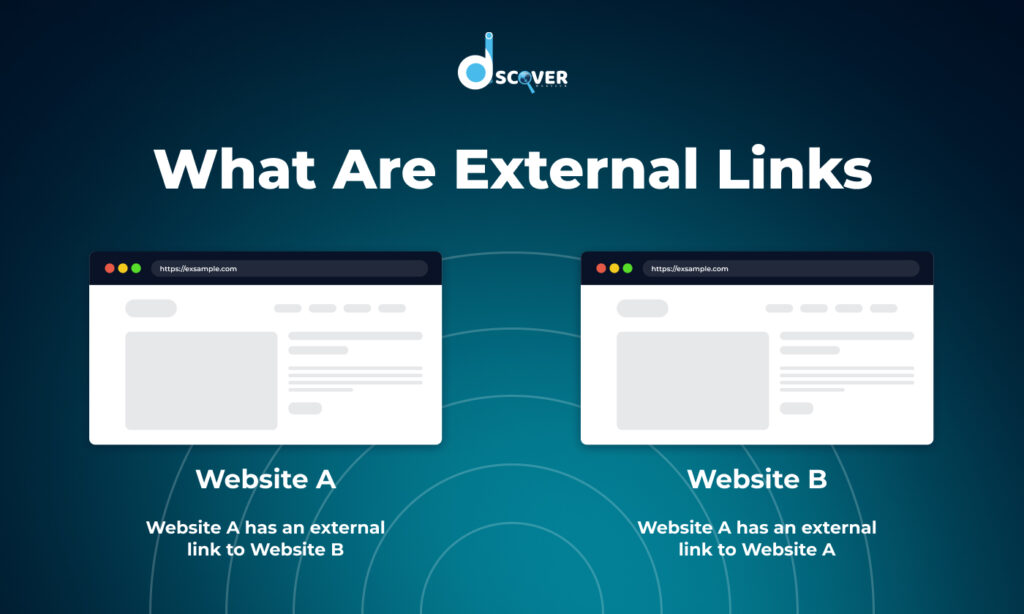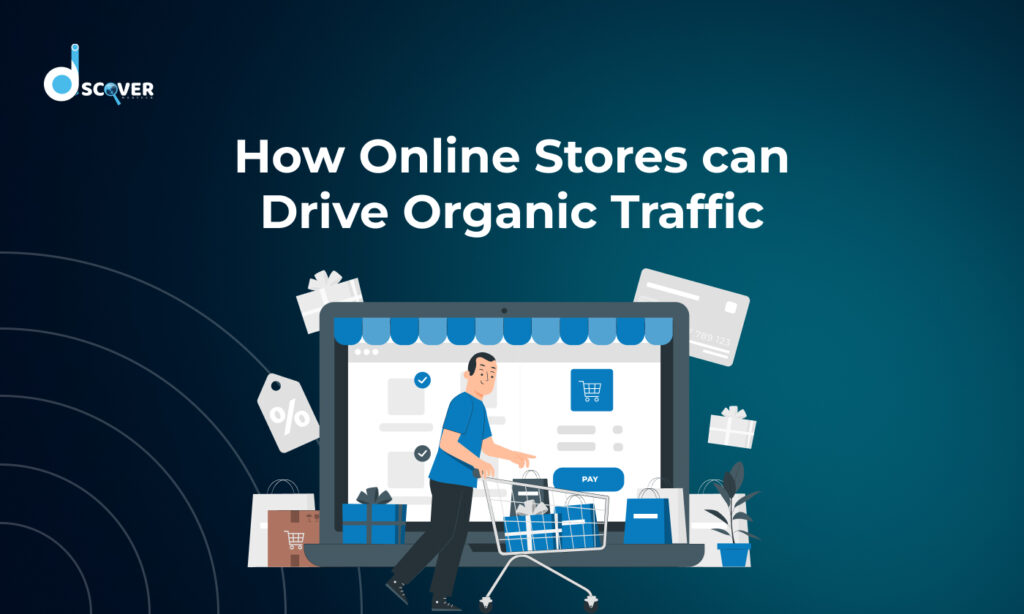
If you’ve ever written a blog or created a website, you’ve probably come across the term external links. But maybe you’re wondering, what are external links, and do they really make a difference in SEO?
In this blog, we’ll break everything down in simple terms—from what external links are to how they help your website grow. Whether you’re a beginner or just brushing up on your SEO skills, this guide will walk you through it all.
What Are External Links?
Let’s start with the basics: what are external links?
External links (also called outbound links) are links that point from your website to another website. So, when you’re writing a blog and you link to a trusted article on another site, you’re adding an external link.
For example, if you’re writing about content marketing and you link to a helpful article on HubSpot, that’s an external link example.
These links help your audience find more valuable information. But more importantly, search engines like Google see them as a sign that you’re offering well-researched, high-quality content.
Do External Links Help SEO?
Now the big question: do external links help SEO?
Yes, they do—and in more ways than you might think. According to SEO experts, here’s why:
- They improve credibility. Linking to trustworthy sources shows that your content is backed by reliable information.
- They increase content depth. External links help support your ideas with expert opinions or facts.
- They build connections. When you link out to high-quality websites, you’re engaging in the wider web community.
Google values pages that give users what they’re looking for, and well-placed external links are part of that experience.
Are External Links Good for SEO or Risky?
You might be wondering: are external links good for SEO all the time?
In general, yes—but like anything in SEO, it depends on how you use them.
Why They’re Good:
- They help search engines understand the topic of your page.
- They can boost your site’s trust factor.
- They show that your content is connected to valuable resources.
But Be Careful:
- Don’t link to spammy or irrelevant sites—it can hurt your credibility.
- Too many external links can distract users from your main content.
That’s why it’s important to only link to trustworthy sources. A high-quality external link website might be an educational (.edu) site, a government (.gov) page, or a well-established blog in your niche.
Best Practices for Using External Links
If you’re going to use external links (which you should!), it’s important to follow a few good habits. After all, external links and SEO go hand-in-hand when used correctly.
Here are a few simple tips:
- Choose high-quality sources: Stick with authoritative websites. Think of sites that you’d trust when looking for reliable information.
- Use clear anchor text: Instead of writing “click here,” use descriptive text like “SEO tips from Moz” so users and search engines know what the link is about.
- Understand do-follow vs no-follow
- Do-follow links tell Google to pass link value to the other site.
- No-follow links don’t pass value but still direct users to helpful content. These are good for sponsored or affiliate links.
- Do-follow links tell Google to pass link value to the other site.
- Don’t overdo it: A few strong links are better than a dozen random ones.
- Avoid broken links: Check your site regularly to ensure your external links are still working. Tools like Ahrefs, SEMrush, or even free plugins can help.
How Many External Links Per Page Should You Use?
This is a common concern: how many external links per page are okay?
There’s no strict rule, but here’s a safe guideline:
- For blog posts around 1000–1500 words, 2–5 external links are enough.
- For shorter posts (under 800 words), 1–2 high-quality links work well.
Focus on relevance and usefulness. A helpful, relevant external link is always better than just adding a link to meet a number.
External Links and SEO: The Connection Explained
Let’s connect the dots between external links and SEO.
Search engines like Google want to serve up the best content to users. That means showing pages that are well-researched, trustworthy, and valuable. External links help with that because:
- They show you’ve done your homework.
- They improve the depth and authority of your content.
- They help search engines understand your topic through contextual signals.
In short, good external linking habits help your content stand out in the sea of online information.
External Link Example: Good vs Bad
Let’s take a look at a real-world external link example to better understand the difference between helpful and harmful linking.
Good Example:
“According to a recent Google Search Central blog post, keeping your content updated is essential for rankings.”
Why it’s good:
- It links to a reliable source.
- It supports the claim.
- The anchor text clearly explains what users will find.
Bad Example:
“Click here for the best secret trick to get rich overnight.”
Why it’s bad:
- It sounds spammy and misleading.
- The link could go to an unreliable site.
- It provides no real value or context.
Whenever you add an external link, ask yourself: “Does this help my readers?” If yes, go ahead and link it.
Final Thoughts
So, to wrap things up—what are external links, and why should you care? External links are simply links from your website to another website, and they carry a lot of weight in SEO. When used correctly, they improve your content’s credibility, support your arguments, and give search engines valuable context about your topic. Yes, do external links help SEO—they absolutely do. And to answer another common question: are external links good for SEO? They are, especially when linked thoughtfully to trustworthy sources. It’s also important to be mindful of how many external links per page you use, aiming for relevance over quantity. Always check the quality of the external link website you’re referencing. At the end of the day, the relationship between external links and SEO is powerful. When you focus on linking smartly and with purpose, your content becomes more valuable—not just to your readers but to search engines too. Want better rankings? Start by building better links.
Contact us to know more about Digital Marketing Services
Check out our latest blog on “TikTok Ads for Small Businesses: A Step-by-Step Beginner’s Guide”


